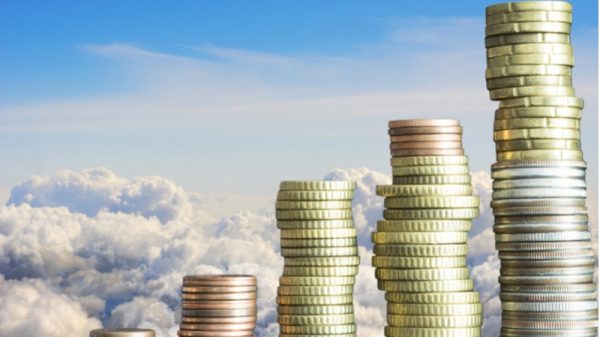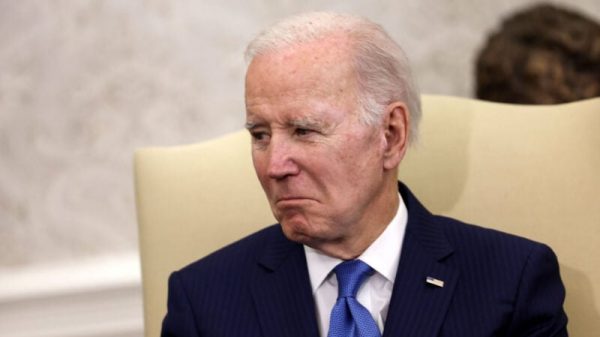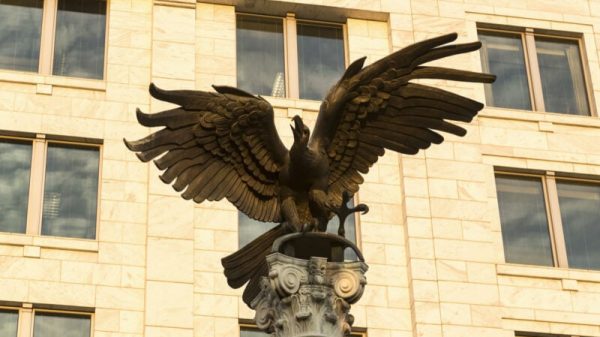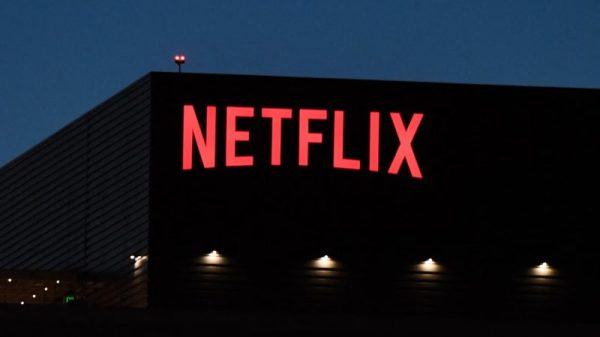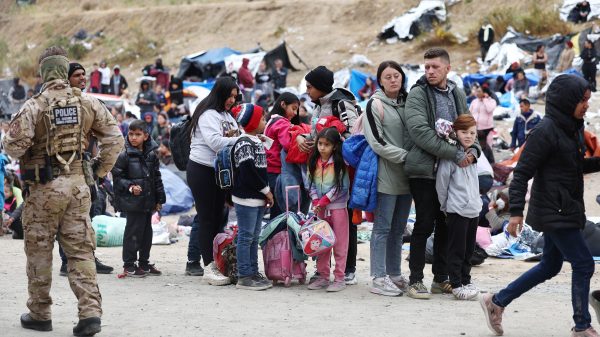Talks of imminent recessions are plentiful as people consider how central banks around the world are dealing with high inflation. Regardless of whether things end in a soft or hard landing, it is worth bearing in mind that recessions are shorter, shallower, and much farther apart now than in the past.
We know this thanks to the works of multiple economic historians who have improved existing business-cycle data or created them where none existed. Economic historian Joseph Davis, for example, found that whereas the usually employed data showed 29 recessions between 1790 and 1913, better datasets that employed higher-quality measurements of industrial production showed that there were, in fact, 2. Since 1913, there have been an additional 14 recessions.
The time gap between each of these recessions has grown gradually. This means that recessions are less likely to happen in any given year. Moreover, recessions have grown shorter while expansions became longer. To top it all off, the troughs are shallower (relative to peak) than in the past.
Is this exclusively an American thing? Not at all. Evidence published in the Economic History Review and assembled by Stephen Broadberry, Jagit Chadham, Jason Lennard, and Ryland Thomas found a similar pattern of results for business cycles in the United Kingdom since 1700. Recessions are further apart and shorter.
If the good trends continue, and if there is to be a recession in the near future, it is likely that it will be shorter and less painful than previous recessions. At least that is what an optimist would say.
For once in my life, I am not sure I can call myself an optimist.
This is because there is another important literature in economics that is tied to business cycles. That literature speaks to the role of institutions in determining the length and depth of recessions and expansions. More precisely, it speaks to the role of economic freedom (low regulation, free trade, secure property rights, small government), as it is that variable that is used as a stand-in for institutions.
Why would economic freedom matter? During a crisis, economic freedom makes it easier for firms and businesses to adjust and reallocate resources. This reduces the depth and length of a recession. During expansions, entrepreneurs can create new technologies, which secure property rights allow them to profit, that make information circulate more easily. Errors in production plans are more easily communicated, corrections happen faster, and expansions thus last longer while also being stronger.
There is strong empirical evidence in support of this idea. For example, Justin Callais and Jamie Bologna Pavlik tested whether US metropolitan areas with higher scores of economic freedom suffered less during the 2007-08 recession than those with lower scores. During that recession, they found that high-economic-freedom metropolitan areas had lower unemployment rates, higher income per capita, and higher rates of employment. Moreover, they also found that areas that enjoyed improvements in economic freedom before the recession had far quicker recoveries than their comparable counterparts. Simply put, economic freedom made the recession shorter and less painful.
This can be generalized to countries. Christian Bjørnskov assembled data for 212 economic crises in different countries worldwide between 1993 and 2010. He found that the risk and duration of an economic crisis was not affected by economic freedom. He found instead that economic freedom made recessions shallower, and that it reduced the time needed to return to the pre-crisis levels of income. There too, economic freedom seems to make recessions less painful.
As such, if economic freedom minimizes the damages of a recession (especially if it reduces the likelihood of its occurrence in any given year), any improvements in economic freedom should be seen as a potentially positive development.
The problem is that, internationally, economic freedom is in retreat. Prior to the pandemic, it was receding modestly. The pandemic only hastened the decline. Making adjustments for the policies adopted during the COVID crisis only makes the decline clearer. This is not just an international trend, it is also a subnational one, as can be seen from US states and Canadian provinces.
This global retreat in economic freedom is worrisome. It means that economic crises are going to be longer and more painful. Thus, they are more likely to result in political backlash. Defenders of economic freedom should bear this in mind when they emphasize how important that freedom is.


